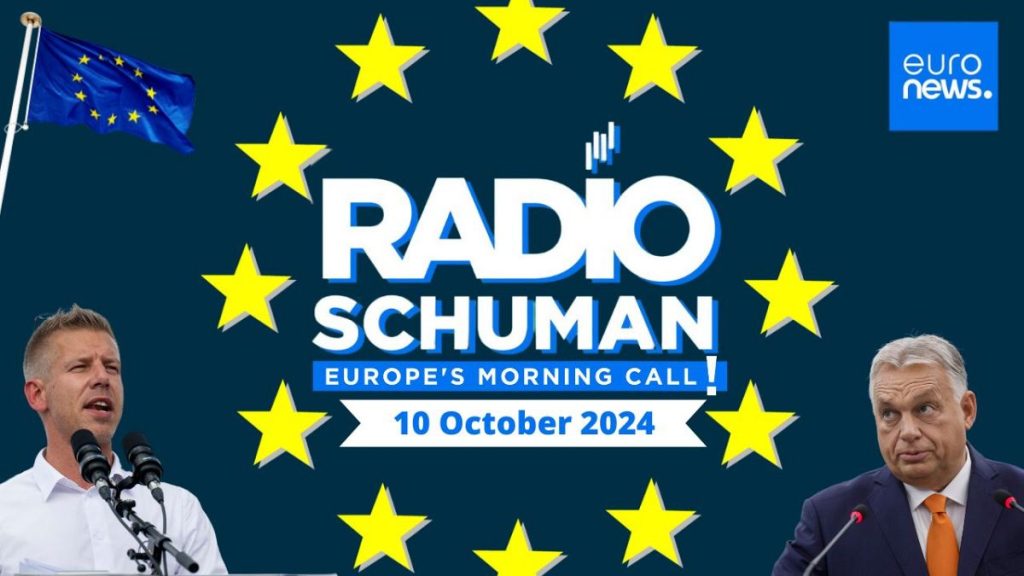In an exclusive interview with Euronews, Péter Magyar, the leader of the Tisza party in Hungary, outlined his vision for the country, emphasizing the need to build a new European, peaceful, and modern Hungary step by step. Magyar, who has emerged as a popular alternative to Prime Minister Viktor Orbán, discussed a variety of topics, including Orbán’s media machine, his own court cases in Hungary, and his stance on issues such as Ukraine, migration, and relations with China.
As the plenary session in Strasbourg concludes, attention turns to Luxembourg, where EU justice ministers are set to meet to discuss Schengen, migration, and asylum policies. The meeting comes in the wake of Germany’s decision to reintroduce land border controls in an effort to address irregular migration. Among the topics on the agenda is the controversial EU regulation designed to detect online child sexual abuse material. Despite Hungary’s Council presidency prioritizing this issue, a vote is not expected to take place as member states have yet to reach a consensus.
In addition to the discussions in Luxembourg, the 2025 World University Rankings have been released, revealing surprising results for European universities. While European institutions have traditionally performed well in global rankings, this year’s results show a decline in their overall standing. The full list can be found on euronews.com, providing insight into the current state of higher education in Europe.
The interview with Péter Magyar offers a glimpse into the political landscape in Hungary, where he presents himself as a viable alternative to the current leadership under Orbán. Magyar’s emphasis on building a new, modern Hungary resonates with those seeking change and a more peaceful, European-focused approach to governance. His candid discussion on various issues facing the country highlights his willingness to address challenging topics and engage in nuanced debates on crucial policy matters.
The upcoming meeting of EU justice ministers in Luxembourg signals a key moment in the ongoing discussions around Schengen, migration, and asylum policies. With Germany’s recent decision to implement land border controls, the issue of irregular migration has taken center stage, prompting EU member states to consider various solutions. The debate over the online detection of child sexual abuse material further underscores the complex challenges facing the European Union and the need for coordinated action on pressing issues.
Overall, the interview with Péter Magyar and the upcoming EU justice ministers’ meeting in Luxembourg provide insights into the evolving political landscape in Hungary and the broader European context. As discussions continue on issues such as migration, online child sexual abuse, and the future of European universities, policymakers face significant challenges in finding consensus and shaping effective policies. The interviews, meetings, and rankings discussed in this content highlight the importance of informed dialogue, collaboration, and forward-thinking approaches to address complex issues facing Hungary and the European Union as a whole.


